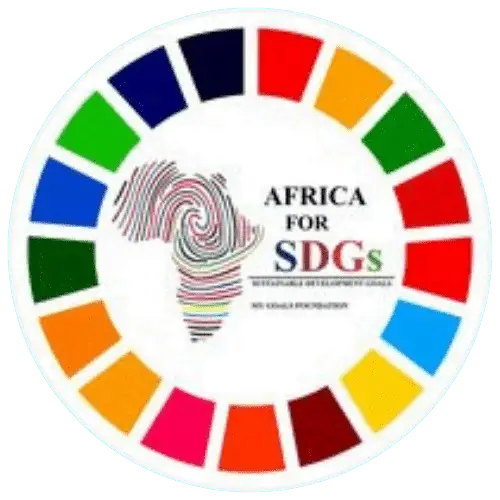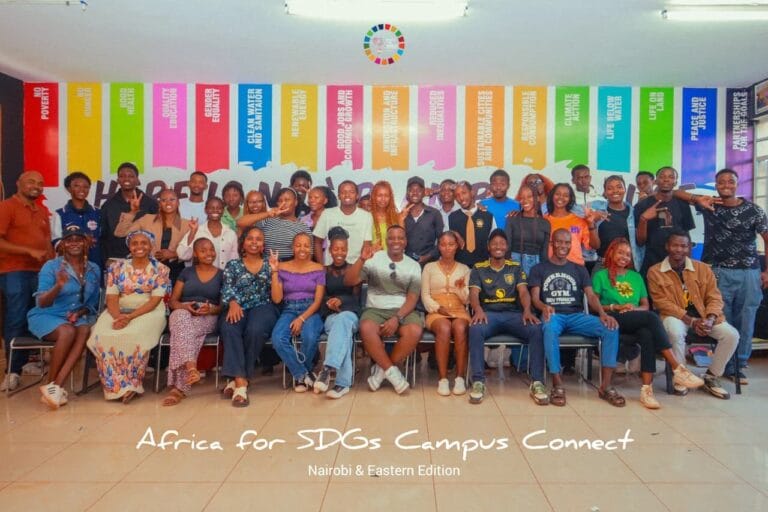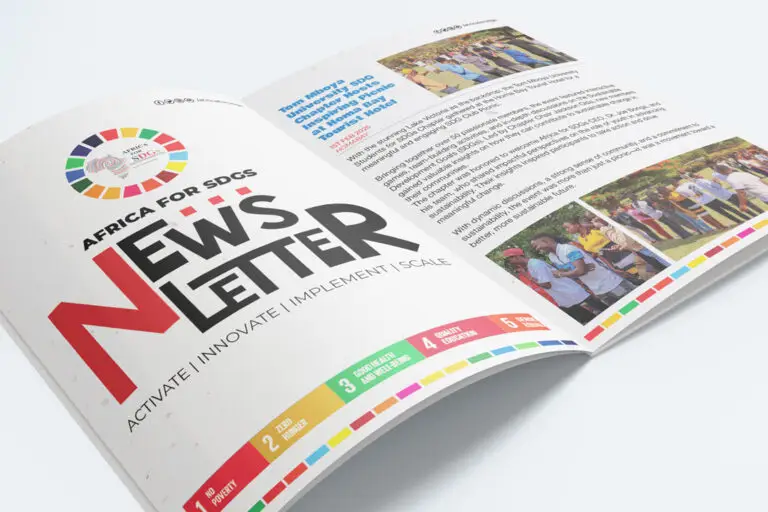The fourth Sustainable Development Goal (SDG 4) aims to ensure inclusive and equitable quality education and promote lifelong learning opportunities for all. Education is a powerful tool for personal development and social change, laying the foundation for economic growth and poverty reduction.
Understanding Quality Education
Quality education provides individuals with the skills, knowledge, and competencies needed to lead productive lives and contribute to society. It encompasses access to education, learning outcomes, and the ability to pursue lifelong learning. Ensuring equitable access to quality education is crucial for reducing inequalities and promoting sustainable development.
Key Targets of SDG 4
- Ensure Free Primary and Secondary Education: By 2030, ensure that all youth and a substantial proportion of adults, both men and women, achieve literacy and numeracy.
- Equitable Access to Education: By 2030, ensure that all young people have access to affordable and quality technical, vocational, and higher education.
- Eliminate Gender Disparities: Ensure equal access to all levels of education and vocational training for the vulnerable, including children in vulnerable situations, persons with disabilities, indigenous people, and refugees.
- Improve Education Facilities: Build and upgrade education facilities that are child, disability, and gender sensitive, and provide safe, non-violent, inclusive, and effective learning environments for all.
- Increase the Number of Youth and Adults with Relevant Skills: By 2030, increase the number of youth and adults who have relevant skills, including technical and vocational skills, for employment, decent jobs, and entrepreneurship.
- Promote Global Citizenship Education: Promote global citizenship and education for sustainable development through formal, non-formal, and informal learning.
- Enhance Education Quality: Substantially increase the supply of qualified teachers, including through international cooperation for teacher training in developing countries.
Strategies for Achieving SDG 4
- Expanding Access to Education: Increase access to education for marginalized and disadvantaged groups, including girls, children with disabilities, and children from low-income families.
- Improving Education Quality: Focus on improving the quality of education through better teaching methods, updated curricula, and effective assessment systems.
- Supporting Teachers: Provide training and resources for teachers to enhance their skills and support their professional development.
- Investing in Education Infrastructure: Develop and maintain educational facilities and resources to create conducive learning environments.
- Encouraging Lifelong Learning: Promote lifelong learning opportunities for all individuals, including through adult education and vocational training programs.
The Importance of SDG 4 in the 2030 Agenda
SDG 4 is central to the 2030 Agenda as education empowers individuals, drives economic growth, and fosters social inclusion. By ensuring inclusive and equitable quality education, we can create opportunities for all and build a more informed, skilled, and equitable world.




